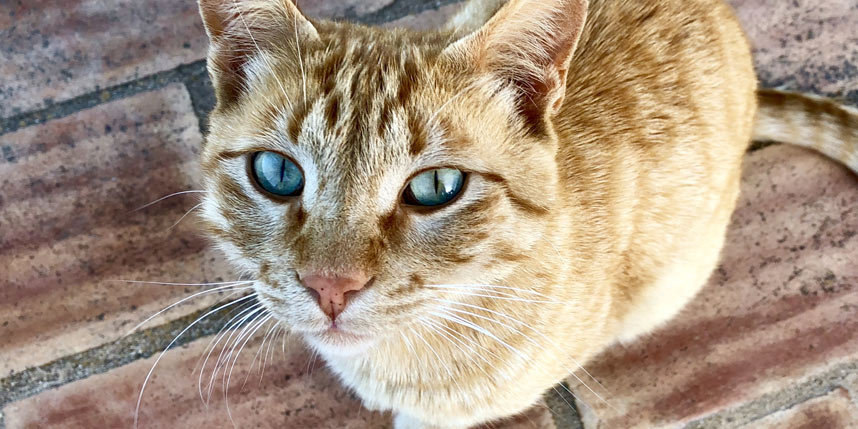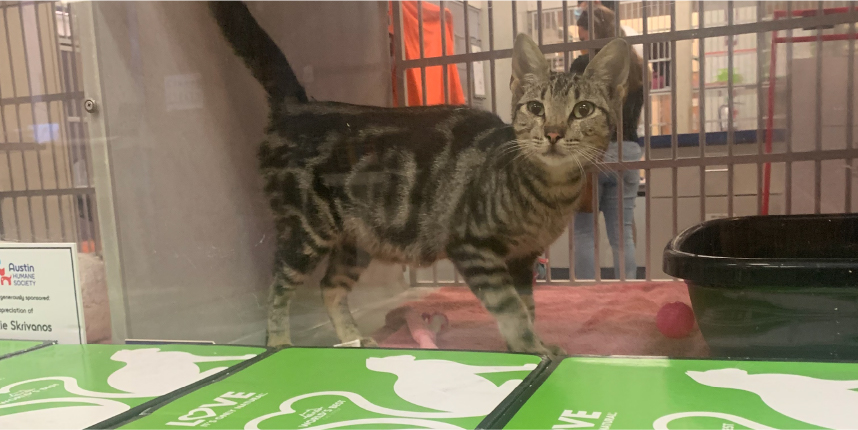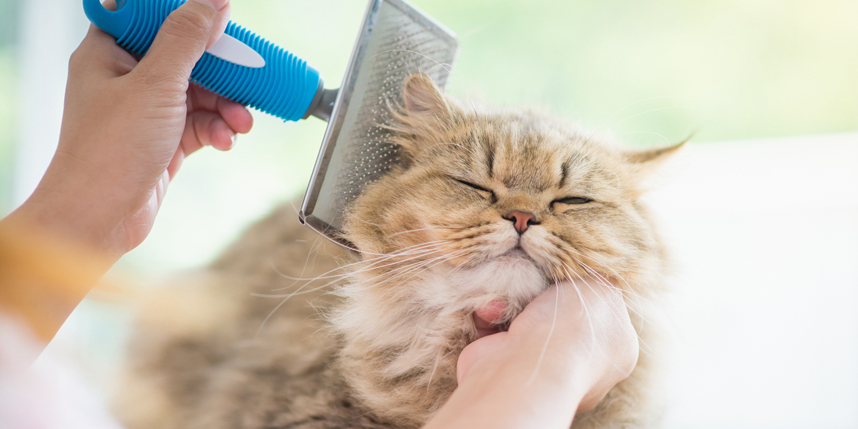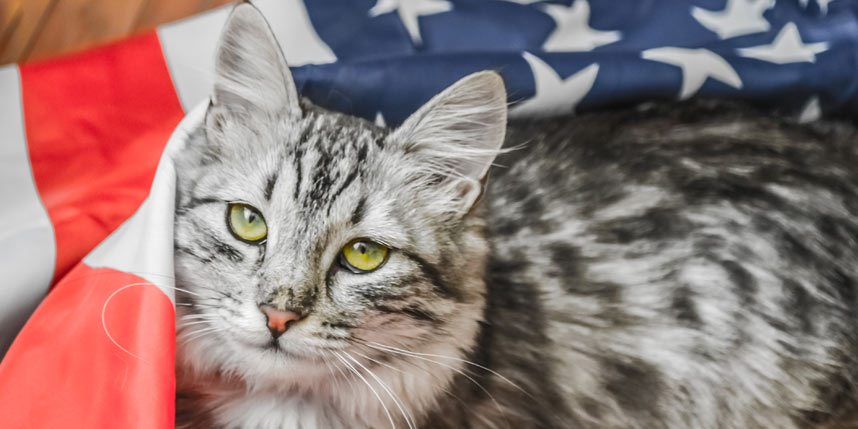120+ CAT SHELTERS, RESCUES, AND CAFéS MAKING A HUGE DIFFERENCE
Learn about 120+ shelters, rescues, and cafes across the country that are making a difference in the lives of cats and other animals.

Are Cats Smart?
Cats are incredibly smart. But how smart? Are they smarter than dogs? What about humans?
There have been hundreds of studies on canine intelligence, but when it comes to cat intelligence, there’s a lot we don’t know. The reason? Cats are notoriously uncooperative and unpredictable—but that doesn’t mean they’re not smart.
A recent study featured in Newsweek comparing the intelligence of cats to dogs sheds more light on this age-old question, but for the most part, we consider cats to be intelligent for the following three reasons.
How Intelligent Are Cats? Pretty Smart.
1. A Cat’s Brain is Extremely Complex.
The feline brain makes up just 0.9% of their body weight, compared to about 1.2% for dogs, and 2% for people. But, their brains are structurally complex—almost as complex as humans’.
One study often cited is that of neurologist Suzana Herculano-Houzel, which looked at the number of neurons in a cat’s brain. The study estimated that cats have roughly 250 million neurons in their cerebral cortexes — making them pretty darn smart.

Comparatively, humans have an estimated 16 billion neurons, while dogs have 400-600 million neurons. But that doesn’t mean cats aren’t smarter than their canine companions. Here’s some actual proof that cats can be smarter than dogs from time to time.
2. Cats Have Great Short-Term Memory.
A behavioral experiment showed that cats could remember where a bowl of food had been hidden for up to 16 hours. Dogs, on the other hand, tended to top out at 5 minutes.
That’s likely why cats also tend to be more persistent when they want something, and more likely to hold a grudge when they don’t get it.

3. Cats are Skilled at Interpreting Our Thoughts and Moods.
One of the things that set humans apart from most other animals is our ability to guess what other people are thinking and feeling based on non-verbal cues.
At least one study showed that cats are also able to respond to humans’ cues, such as pointing. Cat experts say our furry friends hone this skill as they get older, which is why senior cats are good at knowing when it’s time to snuggle (you’re calm on the couch) and when they might want to leave you alone (you’re frustrated).

Although cats may be smart, they aren’t motivated by social rewards the way dogs are. Cats are also less determined and more easily frustrated than our canine companions. In other words, cats are too smart (and stubborn) to always do what they’re told.



